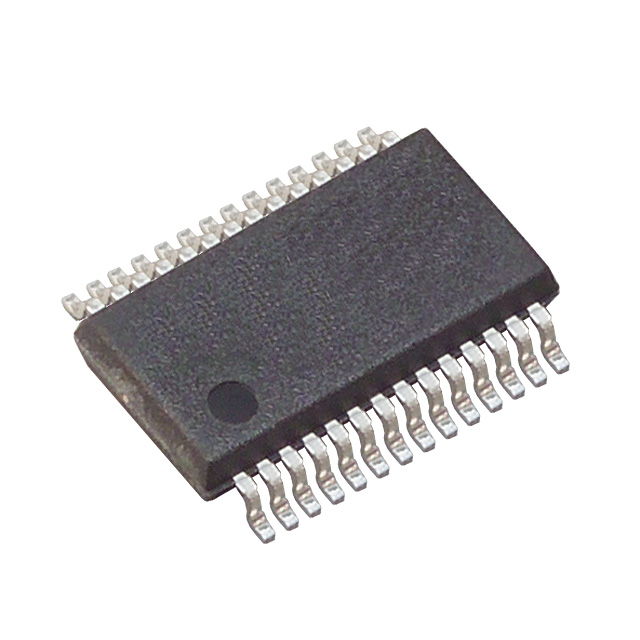PCM2903BDBR
Manufacturer No:
PCM2903BDBR
Manufacturer:
Description:
IC STEREO AUD CODEC W/USB 28SSOP
Datasheet:
Delivery:





Payment:




In Stock : 58
Please send RFQ , we will respond immediately.









PCM2903BDBR Specifications
-
TypeParameter
-
Supplier Device Package28-SSOP
-
Package / Case28-SSOP (0.209", 5.30mm Width)
-
Mounting TypeSurface Mount
-
Operating Temperature-25°C ~ 85°C
-
Voltage - Supply, Digital3V ~ 3.6V
-
Voltage - Supply, Analog3V ~ 3.6V
-
Dynamic Range, ADCs / DACs (db) Typ89 / 93
-
S/N Ratio, ADCs / DACs (db) Typ89 / 96
-
Sigma DeltaYes
-
Number of ADCs / DACs2 / 2
-
Resolution (Bits)16 b
-
Data InterfaceUSB
-
TypeStereo Audio
-
PackagingCut Tape (CT)
-
PackagingTape & Reel (TR)
-
Product StatusNot For New Designs
-
Series-
Application Fields of IC Chips
Integrated circuits (IC) find applications in various fields, serving as the core components of modern electronic devices. Here's
an introduction to some key application areas of IC chips:
1. Communication:
* Mobile and Smartphones: IC chips handle communication, data transfer, and wireless connectivity.
* Communication Base Stations: Used for mobile networks and satellite communication.
* Network Routers and Switches: Facilitate data packet forwarding and network management.
* Communication Protocol Processors: Support various communication standards like Wi-Fi, Bluetooth, and 4G/5G.
2. Computing:
* Central Processing Units (CPUs): Execute computer programs and operating system tasks.
* Graphics Processing Units (GPUs): Used for graphics rendering, scientific computing, and deep learning.
* Motherboard Chipsets: Coordinate communication between various computer components.
* Storage Controllers: Manage hard drives, solid-state drives, and memory storage.
3. Automotive:
* Electronic Control Units (ECUs): Used for engine management, braking systems, air conditioning, etc.
* Driver Assistance Systems: Enable autonomous driving, vehicle recognition, and navigation.
* Entertainment and Infotainment Systems: Include audio, video, and navigation systems.
4. Medical:
* Medical Imaging: Image processing in devices like X-ray, MRI, and CT scanners.
* Vital Sign Monitoring: Used for ECG, blood pressure, and blood glucose measurement.
* Medical Device Control: Robotic surgery, ventilators, and drug delivery systems.
5. Industrial Automation:
* Industrial Controllers: Monitor and control production lines and factory equipment.
* Sensor Interfaces: Process data from various sensors.
* Internet of Things (IoT) Devices: Connect the physical world to digital systems.
6. Consumer Electronics:
* Smart TVs and Home Entertainment Systems: Handle video and audio processing.
* Gaming Consoles and Controllers: Enable game graphics and interactivity.
* Smart Home Devices: Control lighting, heating, cooling
PCM2903BDBR Relevant information







